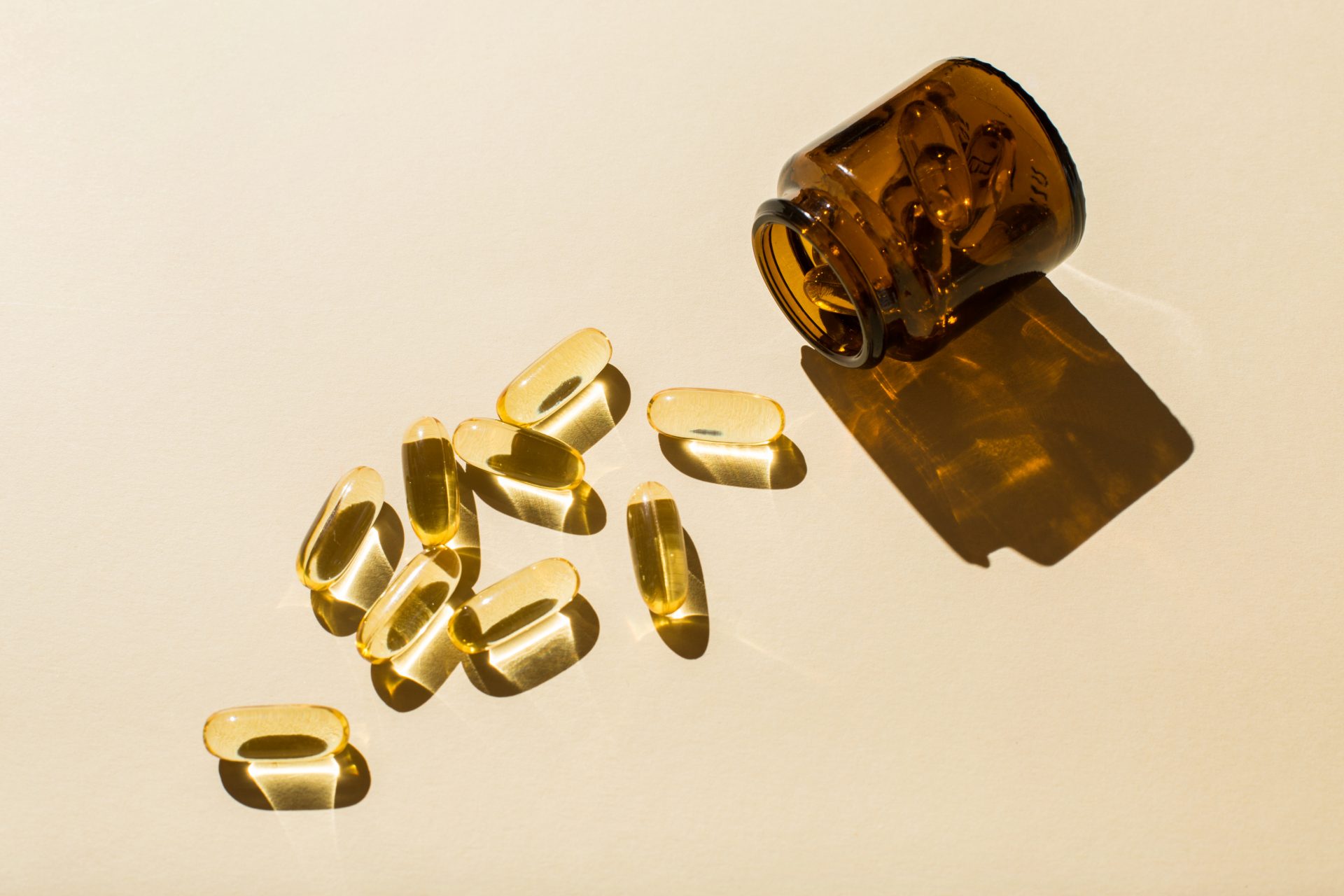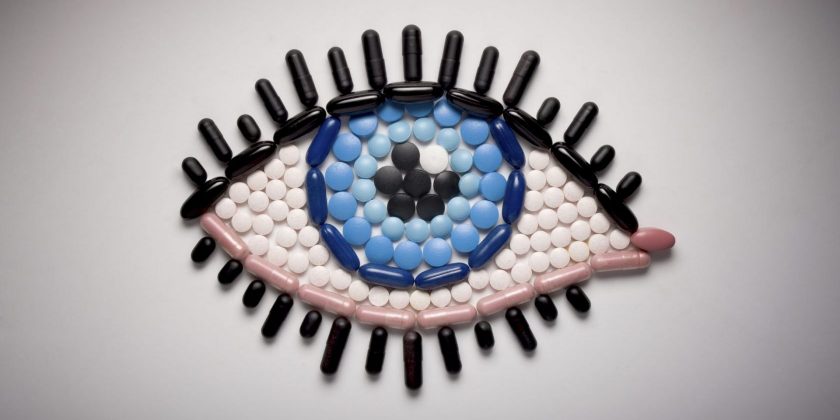These four eye health supplements sold more than ever in 2022.
We’re all screen-starers now. Even if you have a job that doesn’t keep you sat at a desk looking at the glare from a laptop, you probably spend time squinting at your phone or watching the TV. While we regularly hear about the benefits of stepping away from screens for our mental health, posture and joints, have you considered the impact on your eyes?
Perhaps you were one of the people who reached for a supplement to help your eyes. According to Holland & Barrett, there was a 24% increase in the sales of these products in 2022 as a result of less screen-free time now working from home is the norm. With rates of eye health products set to soar, we dug into the need-to-knows.
You may also like
Is the changing weather affecting your eyes? 6 tips for improving eye health in winter
Why is eye health important?
If you have clear vision or no sight concerns, you probably don’t think much before staring at your screen. Even if you wear glasses, you might not think that wearing magnifyers to read makes that much difference.
“We only get one set of eyes, so it makes sense to look after them as best we can,” says Alex Glover, a senior nutritionist at Holland & Barrett. “As we age, natural changes occur which can affect our vision and eye health.
“The best thing to look out for when considering how healthy your eyes are is any changes in your vision. Blurriness, pain, changing in colour of your iris, itching, burning, dry eyes and headaches are also other signs of poor eye health.”

We should all be having eye tests at least every two years – more often if you have any eye conditions – so our opticians can monitor any changes in our eye health. But, like we go to the gym for our heart and muscles, we should think about daily steps we can take to better eye health.
“While ageing factors are inevitable in some scenarios, there are preventative measures that we can take to look after our eyes as best as possible. These include wearing sunglasses when appropriate, taking regular screen breaks, eating lots of fruits and veggies, and giving up smoking,” says Glover.
Which supplements are best for eye health?
Supplements are another way to ensure your eyes are getting all the nutrients they need to thrive. The supplements that saw the biggest rise for helping our sight, according to Holland & Barrett, were: lutein, zeaxanthin, omega-3s and vitamin A. Here’s how they might help your vision:
Lutein and Zeaxanthin
“These are free radical-fighting antioxidants and carotenoids – better known as being the yellow pigments found in leafy green vegetables such as spinach and kale,” says Glover. “They naturally collect in the macula – the central part of the retina – and absorb the harmful blue rays from sunlight and computer screens that can damage retinal cells, acting like a natural pair of sunglasses.”
You may also like
14 classic sunglasses that will never go out of style
Boosting levels of these nutrients in your body can support that function. A 2021 review found that lutein and zeaxanthin intake at doses over 5mg per day can increase macular density among adults with healthy eyes, including via food or supplements. (30g of spinach has around 8mg of lutein, while an egg has around 200mcg).
Omega-3
“Omega-3 is mainly found in fish oils, which can help to ease dry eyes and improve the quality of the tear film, which stops tears evaporating from our eyes,” says Glover.
A study published by the Journal of the British Contact Lens Association in 2015 reported that those taking omega-3 fatty acids for three months had a decreased tear evaporation rate – meaning less dry, sore eyes.

“Up your dose of omega-3 by eating two portions of oily fish a week or by taking an omega-3 supplement,” says Glover. For vegans, algae supplements are a great option for increasing omega-3.
Vitamin A
“Not only does vitamin A promote general health, protecting the corneas (surface of the eye) by lubricating the cells – which is why vitamin A is often added to eye drops – but it also helps slow the progress of more serious eye conditions,” says Glover.
A 2019 study reported that eye health in patients with dry eyes improved after vitamin A supplementation, with researchers finding that supplementation improves the quality, but not quantity, of tears.
You may also like
Vitamin D: everything you need to know, from its benefits to the different types
The good news is that vitamin A is also benficial for the skin, bone health and immunity, and easy to obtain through diet – look for brightly coloured fruits and vegetables, especially yellow and orange tones, like oranges, apricots, carrots, sweet potatoes and pumpkin, as well as eggs and some dairy products.
According to the NHS, women need 600µg a day. Because vitamin A is fat soluble, it is possible to take too much, so don’t supplement without talking to a doctor, particularly if your diet is already rich in sources of vitamin A.
Images: Getty
Source: Read Full Article
